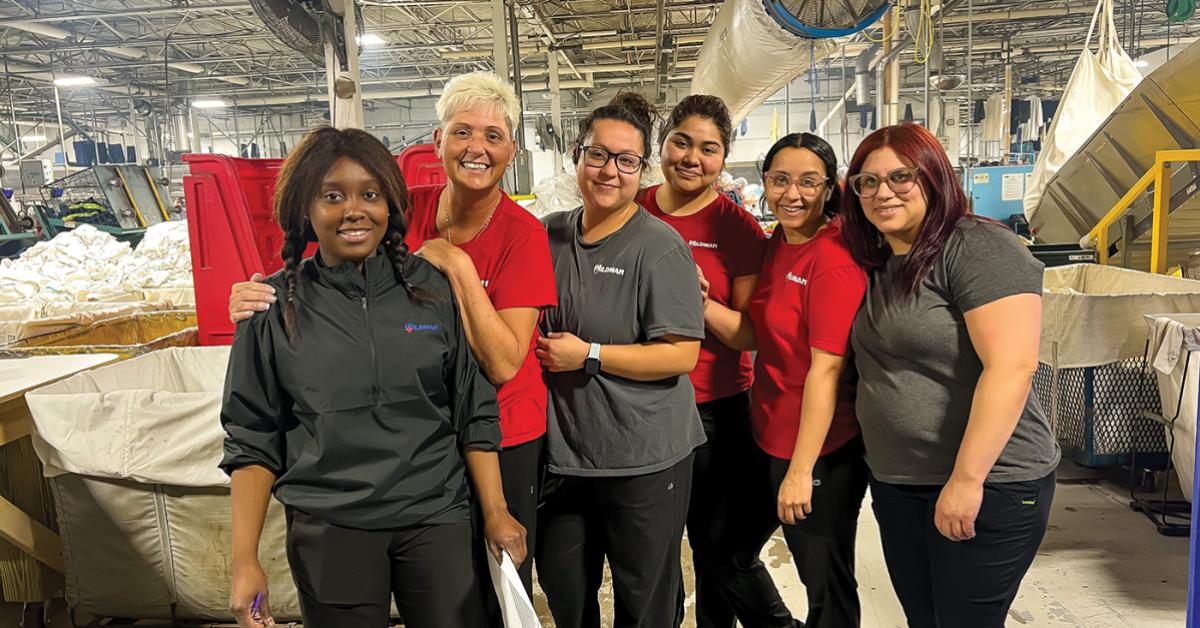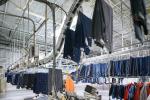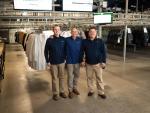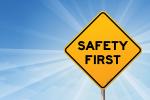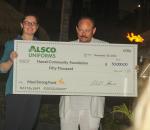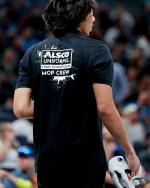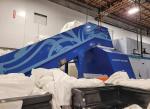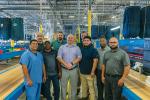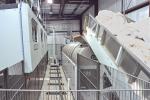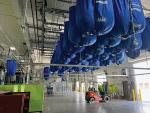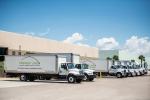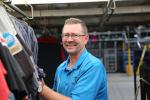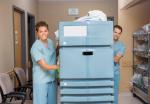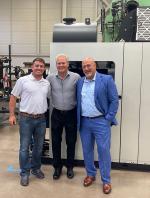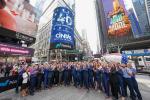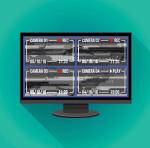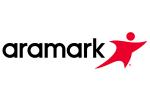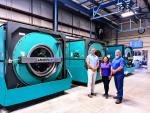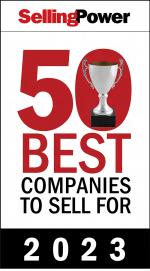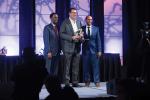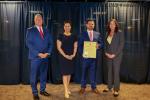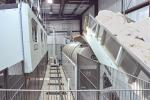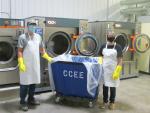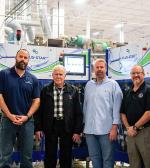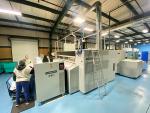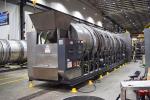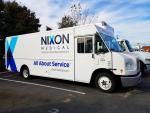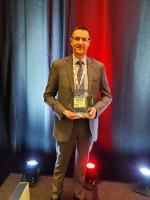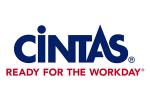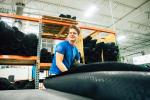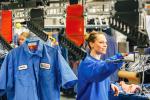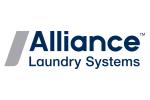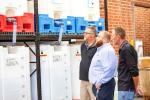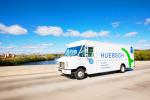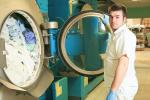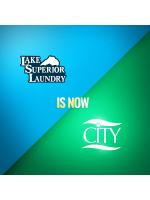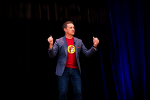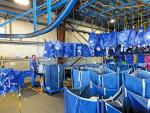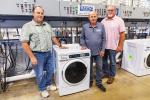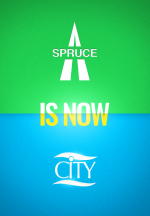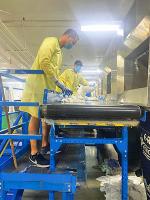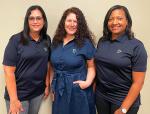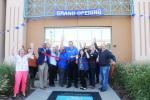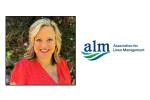CHICAGO — In 1952, Rex Wildman took a risk.
After flying supplies in China during World War II, the veteran came home and started a career with Standard Oil.
Only a few years later, Wildman decided he wanted to be his own boss, to set out on his own.
He bought a dry-cleaning business in Amish country in Indiana, which was a major risk since he had no knowledge about dry cleaning, and he had to borrow and scrape together the money for the purchase.
The risk paid off, and what is known today as Wildman Business Group in Warsaw, Indiana, was created.
Wildman has been built on risk and bold, aggressive policies, from that first dry-cleaning business to venturing into the industrial uniform industry and beyond.
Besides uniform rental, the business offers mats, cleaning services, restroom solutions and first-aid services. It even has a paper division and a sports licensed consumer goods company.
Today, Rex’s grandson, Josh Wildman, is CEO of the third-generation, regional independent family business, and continues the family tradition of risk and aggressive growth.
American Laundry News spoke with Josh to learn more about the company, the people and how it manages its diverse portfolio of businesses.
Overall, what do your laundry customers like most about working with you?
Our relationships, that’s one of our core values, building meaningful connections. When our customer knows that frontline account service representative or sales representative on a first-name basis, we win every day. When you’re doing business as friends, it feels good. This high degree of trust leads to long-term partnership that provides values to both parties.
Are there certain markets and types of goods that you’re looking at when it comes to acquisitions or are you doing all types of laundry goods?
We’re primarily industrial. While we have towels and aprons and we have a little bit of flatwork and mops, we’re traditionally looking for industrial mixed plants where we can go in like WM Uniform, but they did not offer first aid or janitorial.
Already we have a first-aid route started there with the recent acquisition of Northern First Aid and we’re able to offer that type of service.
Traditionally, we’re looking for an industrial mix business where we can fold in opportunities like first-aid opportunities, that part of our products.
Talk a little bit about how you’ve made those other service offerings fit in with the laundry, and then, also you’ve got this diverse portfolio of other businesses. How do you make it all work together?
We utilize the Scaling Up model based on the Rockefeller habits.
We create one-, three- and five-year plans to support each business unit and then the proper service segmentation strategy.
Over the last few years, we’ve seen tremendous success using a customer development rep. They’re above and beyond the normal delivery service personnel or business development (new sales) rep. Their whole job is to make sure that relationship is maintained and our customer knows everything that we can offer and hopefully, they’ll take advantage of that.
Do your customers ever use more than one of your services? For example, do they use laundry and janitorial? How does that work?
Oh, yeah. We want full customer penetration, and we have high penetration currently where our laundry customers are using our first-aid service.
We’ve also done the math and realized if we could get to 100% of all of our customers buying everything that they could from us, it would literally double the size of the business.
It’s obviously very cost-effective to service more customers with existing stock, so that’s a key initiative. It drives a ton of value for the customer, instead of using other vendors. With the higher spend, it could be more cost-effective.
If you were speaking with a colleague who ran a laundry and was considering offering other services like you do, what would you say to them—what would your advice be?
Definitely take a hard look at the return on invested capital and the talent investment that is going to have to be made to truly build a diversified business.
But, it’s really a no-brainer when you’ve done that math and realize the long-term potential value to the customer and to your bottom line and the value to your business by having those additional products.
It is a little different opportunity, so you’ve got to be able to commit to a strategy and an investment of talent and resources so it can work.
And, we’re here to help. Provision and Winona Services are distribution businesses. Their value prop is diversified revenue through the route-based business. We don’t want to just sell you the products. We will come in and help you expand your business.
What would your grandfather think about the business today?
Even when I was new in my career, Grandpa would come in and just shake his head because you know when he started it, he bought a traditional dry cleaner. He bought himself a business.
He would obviously be very proud, but at the same time, he would routinely take me out of my office to show me where we could improve.
Is there anything else you’d like to add or something that we haven’t covered that you’d like to share about the business?
Our purpose within all of this, we’re in the people business. We just happen to get dirty things clean and deliver them back.
Our whole mantra in all of this is, our actual purpose statement, is to “wildly” change lives.
Click here to read Part 1 about Wildman’s business strategy.
Have a question or comment? E-mail our editor Matt Poe at [email protected].

